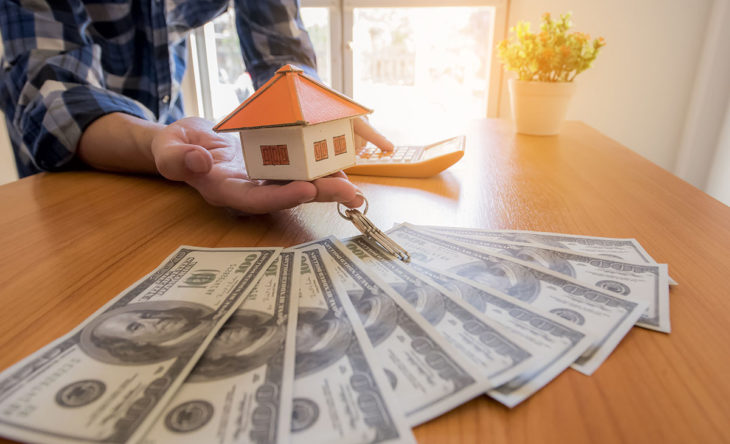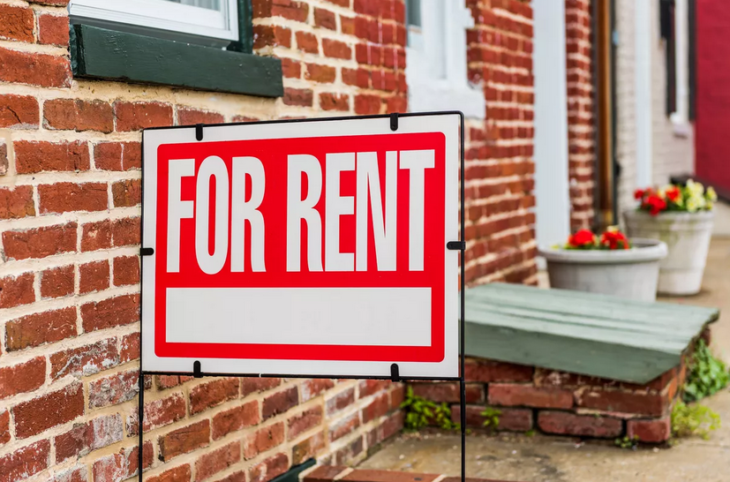During a coffee break at the Boston Federal Reserve’s housing crisis conference, I answered my 23-year-old, unemployed, freshly engaged sister’s phone call. She and her (also young but at least employed) fiancé were shopping for homes near San Francisco, where housing prices start above half a million dollars, and wasn’t I so excited for her? Nope! In an effort to prevent her and other young buyers from becoming housing horror stories, here are three thoughts to consider before house shopping.
1. Costs are way higher than you think

Source: AdobeStock
Homeownership includes significant expenditures that are not financed in the mortgage. For example: inspections prior to sale, property taxes, insurance, regular maintenance, irregular major maintenance, landscaping, increased utilities, painting, pest management, appliance and furniture purchases, and city services like trash collection. That’s in addition to the mortgage and its compounding interest. Nor do homeowners consider the cost of a car and commuting, though they are often forced into affordable but distant suburbs to buy. A car adds the cost of maintenance, daily city parking, and gas price volatility. Without preparation for these costs, they can get charged onto credit cards, which may trigger more financial problems.
2. Living in your investment means you don’t have a home

Source: Myupdate Web
During the housing boom, people regarded their homes as investments because they were so easily bought and sold. Another common idea is that a home is a savings plan. But analogizing a home to an investment or a savings account implies that it grows in value, and that its value can be redeemed at any time. However, the housing crisis showed that neither idea is realistic. Seeing your home as an investment is a scary-easy way to find yourself homeless if the market sours. On that note, do you know enough to assess the health of the housing market? If the answer isn’t a quick yes, it’s rational to treat the housing market pessimistically—as if housing prices can and will fall unexpectedly.
3. Only buy where it is profitable

Source: Curbed DC
In cities, you can rent for years before approaching the cost of buying a home. Let’s use New York City as an example, where median home sales are about a million dollars. Let’s say you rent for $2,500 a month. Paying $1 million for a home equals 33 years of renting at $2,500 a month. If you don’t stay in the NYC house for 33 years, it may not make sense to have bought it. If you lose money to sell, are foreclosed upon, or walk away from a mortgage, you can lose hundreds of thousands of dollars and the renting economics get much better. Plus, Americans move an average of every six years. So while buying a house becomes more cost-effective the longer you stay somewhere, you should account for the economy, your profession and your need for mobility to gauge how realistic it is to commit to one place.
I’ve noticed impatience among my friends to buy a home as soon as possible, like a security blanket or an emblem of adulthood. But homeownership is more like an anchor in a rising tide. Because the financial burden of owning a home has become home so high and so risky, only people who have settled geographically, are financially stable, have substantial savings, and have the credit for a good mortgage should feel comfortable pursuing it. These factors are unusual in young adults and in the current economy generally. So take your time. Make investments that are more likely to guarantee a return. And be thankful that you can call your landlord when something goes wrong.
